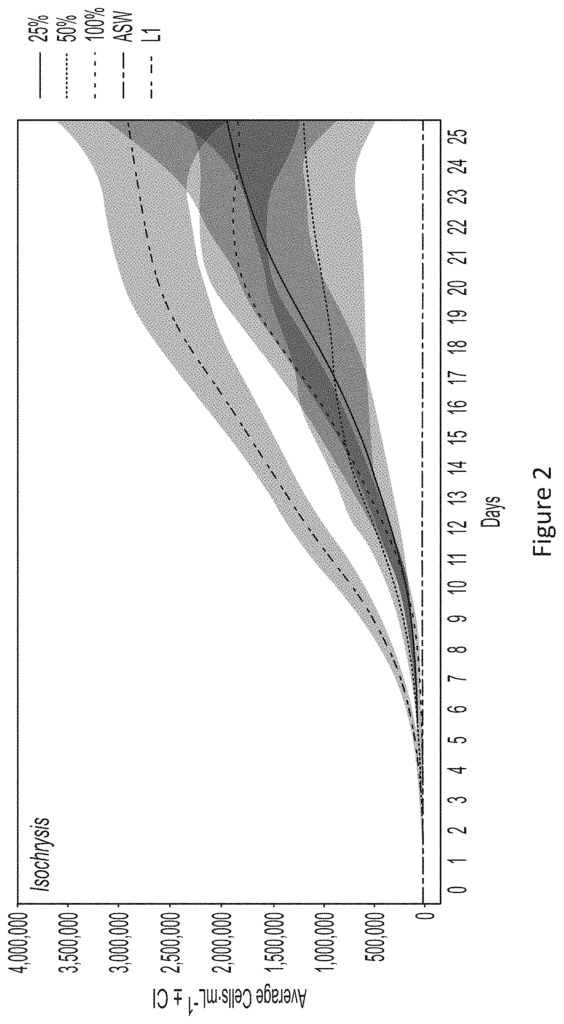Eco-Friendly Algal Growth from Bivalve Waste
Introduction
Imagine a solution that turns waste into valuable resources, enhancing sustainability while advancing micro-algal production. This method for using bivalve waste as media for micro-algal growth offers an eco-friendly, resource-efficient approach to algae cultivation. By utilizing nutrient-rich bivalve waste, it delivers a natural solution to the algae industry’s demand for sustainable growth media, supporting applications across aquaculture, biofuels, and biotechnology.
Tackling Environmental Waste and Resource Demand
The increasing demand for micro-algae, whether for biofuel production, food supplements, or agricultural applications, has exposed the industry’s reliance on resource-intensive media. Conventional algae cultivation often requires synthetic nutrients, leading to higher costs and a larger environmental footprint. At the same time, bivalve aquaculture produces significant waste, which can disrupt ecosystems if left unmanaged. This technology bridges these challenges, transforming waste into a resource that powers sustainable algae production.
A Method that Enhances Growth Naturally
By repurposing bivalve waste into nutrient-rich growth media, this method provides the essential minerals and compounds that micro-algae need to thrive. The natural composition of bivalve waste, including nitrogen, phosphorus, and trace elements, promotes rapid algae growth without synthetic additives. This not only reduces costs but also enhances the overall sustainability of algae cultivation. Additionally, the process supports waste reduction by recycling materials that would otherwise go unused, contributing to a circular economy model.
Benefits for Key Sectors
For aquaculture, this technology provides an in-house solution to algae feed production, reducing reliance on external suppliers and lowering operational costs. Biofuel producers gain a sustainable media option, enabling more eco-friendly and cost-effective biofuel production. Agricultural firms can use algae cultivated through this process as a nutrient-rich soil amendment, enhancing crop yields while promoting sustainable practices. Environmental organizations and biotech companies focused on sustainable innovations will also find value in a solution that aligns with their goals of waste reduction and eco-friendly production.
Lead the Future of Sustainable Resource Management
Licensing this bivalve waste-based method offers an opportunity to pioneer sustainable algae cultivation, with a focus on eco-efficiency and waste reduction. It positions your organization at the forefront of green technology, meeting the rising demand for sustainable resources across industries. By adopting this innovative approach, you contribute to a cleaner environment and a resilient supply chain, transforming waste into an essential resource for the algae industry.

- Abstract
- Claims
The invention claimed is:
Share
Title
Method for using bivalve waste as media for micro-algal production
Inventor(s)
Thomas F. Ihde, Rebekah Borgert
Assignee(s)
Morgan State University
Patent #
11655446
Patent Date
May 23, 2023
